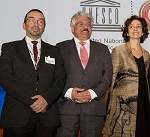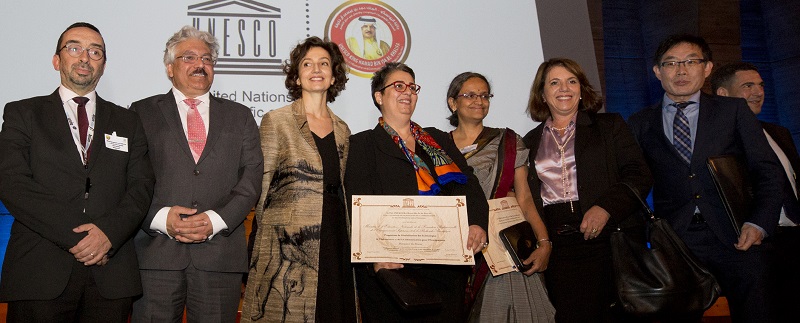The life-vest of fuzzy learning against the binary learning wave

There are many binary things in the World. On and off, red and blue, elephant or donkey, donkey or bull, done or not done. Learning is not one of them.
Fuzzy logic comes to play with estimates and ranges. If a music score is nicely played but it is yet not perfect, does a flaw make it completely invalid? If a lovely dinner is almost a 3-Michelin Star style, but the dessert could be improved, does a not brilliant chocolate taste ruin the whole setting? Furthermore, if a learner gets the main concepts and lacks some practical implements, is that attainment less valuable? Or completely wasted?

Lately, we can find a bunch of radical positions about almost everything. It is what comes with a free, unaccountable tribune to the lore of everybody: you can say whatever you want without a proof or even a decent argument, and the mass will follow if they like it, no matter the veracity. This approach leads to the reductionism of opinions and arguments, making things simplistic, and yet not necessarily supported or true. Feelings over reason, immediate answer over analysis, basic lines over deep thinking. It is like if Twitter and the original 140-character wire had taken over the media.
We must fight. Hard. In learning, binary means simple, reductionist and against nature. Open Education is not good or bad; eLearning is not efficient or lousy; STEM are not the salvation or the evil; Humanities are not a waste or the soul. This stupid approach makes us stupid. Fuzzy learning allows for a range of opinions and assets, for diversity and a fruitful outcome; it allows for as many opinions as people around the table, to discuss, agree, disagree and accomplish.
In learning, binary means simple, reductionist and against nature

We should not let simple approaches and twisted interests to make us position in one of two insufficient poles. Learning is about discovering, exploring, progressing; and not about matching a binary puzzle out of two pieces.
The two awarded winners of today, along with the other ten finalists, show a number of diverse and powerful ways to use ICT in Education. This is what this prize, UNESCO and Bahrain are working for.
Daniel Burgos
UNESCO & Bahrain ICT & Education Prize
Paris, France
March, the 7th, 2018
Related post:
To see more pictures: © UNESCO/Luis Abad-banda for the galery http://www.unesco.org/new/en/africa-department/resources/photo-galleries/unesco-king-hamad-bin-isa-al-khalifa-prize-for-the-use-of-icts-in-education/
